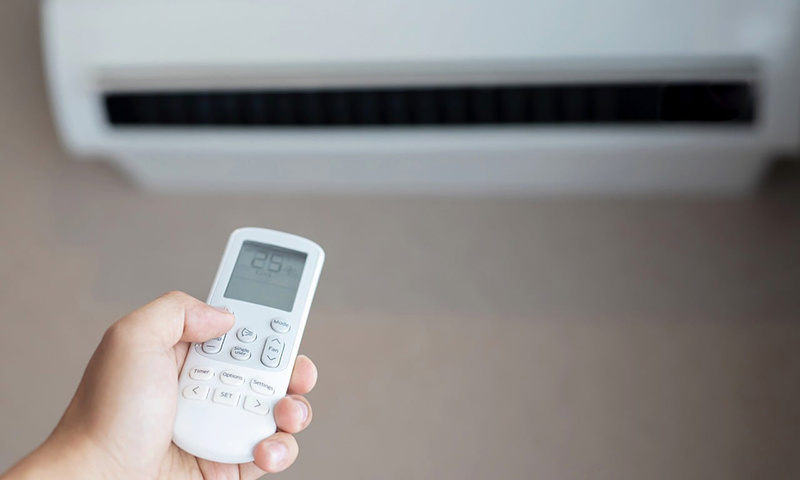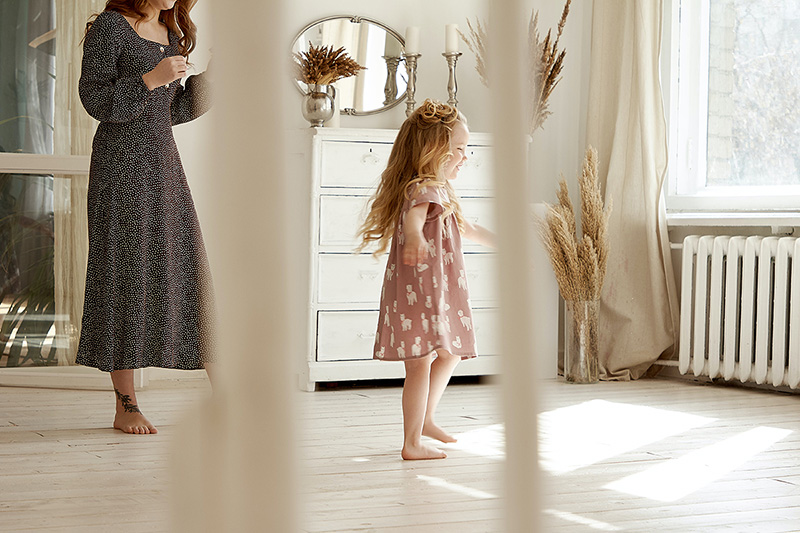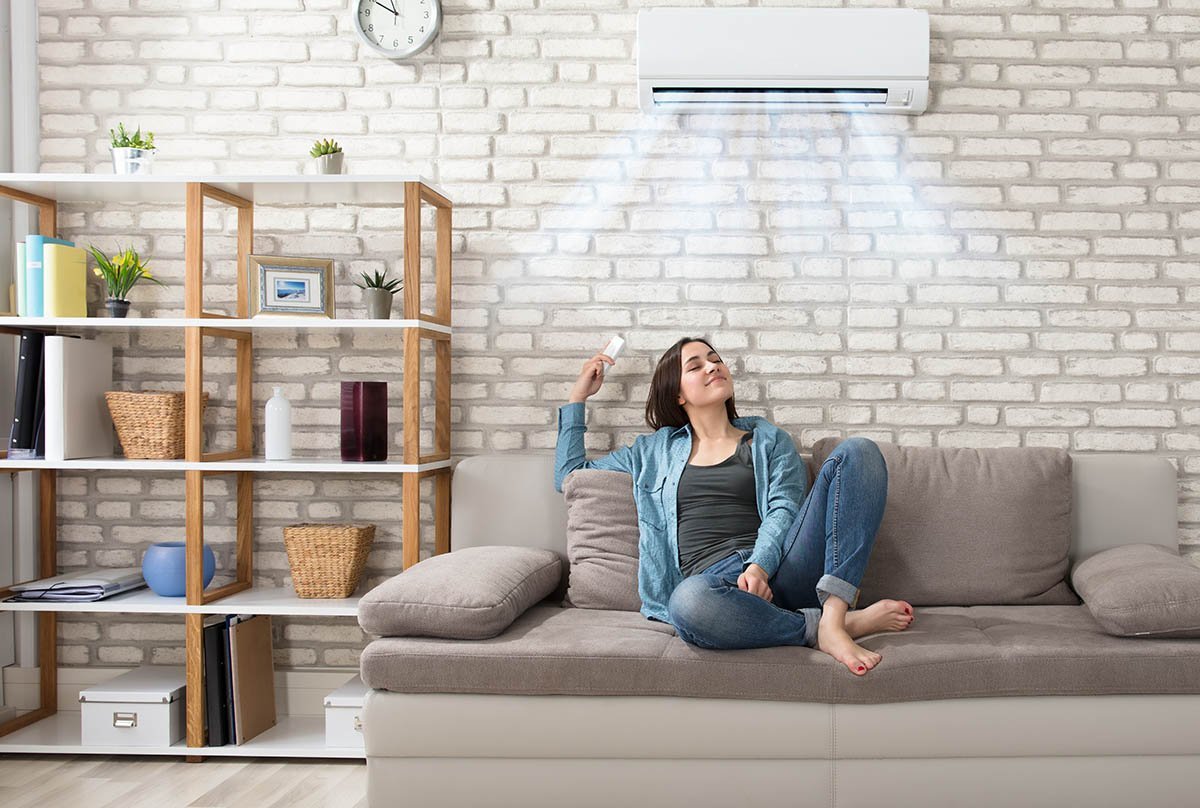In the realm of heating and cooling, innovation has led to more efficient and versatile solutions. Ductless mini-split systems are a prime example of this evolution, providing homeowners with a flexible and energy-efficient alternative to traditional HVAC systems. In this article, we’ll delve into the world of ductless mini-split systems, exploring their technology, benefits, and why they are gaining popularity in the modern era of home comfort.
What Are Ductless Mini-Split Systems?
Ductless mini-split systems, often referred to as mini-splits, are heating and cooling systems that offer precise temperature control without the need for ductwork. These systems consist of two main components: an outdoor compressor/condenser unit and one or more indoor air-handling units. Refrigerant lines connect these components, allowing for the transfer of heat to and from the indoors. Unlike traditional central HVAC systems that rely on ducts to distribute conditioned air, mini-splits deliver air directly into the living spaces they serve.
Technology Behind Mini-Splits
The key technology that makes ductless mini-split systems efficient and versatile is inverter technology. Inverter-driven compressors constantly adjust their speed to maintain the desired temperature, unlike conventional systems that cycle on and off. This results in more precise temperature control, reduced energy consumption, and quieter operation.
Additionally, mini-splits offer zoning capabilities, allowing homeowners to control the temperature in individual rooms or zones independently. Each indoor unit has its thermostat, enabling personalized comfort while minimizing energy waste. This flexibility makes mini-splits an ideal solution for homes with varying heating and cooling needs in different areas.
Benefits of Ductless Mini-Split Systems
Energy Efficiency: Ductless mini-splits are renowned for their energy efficiency. Inverter technology and the absence of ductwork reduce energy waste, resulting in lower utility bills and a reduced environmental footprint.
Precise Temperature Control: Mini-splits offer precise temperature control in individual rooms or zones, eliminating the need to heat or cool unoccupied spaces.
Easy Installation: The absence of ductwork makes installation relatively simple and less invasive compared to traditional HVAC systems. This can save both time and money during installation.
Improved Indoor Air Quality: Ductless mini-splits typically feature advanced filtration systems that can remove allergens and pollutants, providing healthier indoor air.
Versatility: Mini-splits are suitable for various applications, including home additions, retrofitting existing homes, and providing climate control for areas with specific heating or cooling requirements.
Quiet Operation: The indoor units of mini-splits are quieter than traditional HVAC systems, making for a more peaceful living environment.
Longevity: With proper maintenance, mini-split systems can have a longer lifespan compared to traditional HVAC systems.
Why Ductless Mini-Splits Are Gaining Popularity
As homeowners become more energy-conscious and seek cost-effective solutions for their comfort needs, ductless mini-split systems are gaining popularity for several reasons:
Energy Savings: Ductless mini-splits can significantly reduce energy consumption, resulting in lower utility bills over time.
Home Renovations: Mini-splits are a popular choice for home renovations or additions, as they can be easily integrated into existing spaces without the need for extensive ductwork.
Zoning Flexibility: The ability to control temperatures in different zones appeals to homeowners who want personalized comfort and cost savings.
While ductless mini-split systems offer numerous advantages, they are not without their disadvantages.
Here are some of the disadvantages associated with these systems:
Initial Cost: Ductless mini-split systems tend to have a higher upfront cost compared to traditional HVAC systems, especially if you need multiple indoor units to cover various areas of your home. However, the energy savings over time can offset this initial investment.
Aesthetics: While the indoor units of mini-splits are relatively compact and inconspicuous, they are still visible in the rooms they serve. Some homeowners may find their appearance less appealing compared to traditional ducted systems, which are hidden from view.
Complex Installation: While installation is generally easier than retrofitting ductwork in an existing home, it still requires professional expertise. The placement of indoor units, refrigerant lines, and electrical wiring can be complex, and improper installation can lead to performance issues.
Regular Maintenance: Ductless mini-split systems require regular maintenance, including cleaning or replacing air filters, cleaning the indoor and outdoor units, and checking refrigerant levels. Neglecting maintenance can lead to reduced efficiency and system breakdowns.
Limited Heating Capacity in Extremely Cold Climates: In regions with extremely cold winters, some ductless mini-split systems may struggle to provide sufficient heating capacity. Supplemental heating may be necessary during the coldest months.
Compatibility Issues: Some older homes may require electrical upgrades to support the additional load of mini-split systems, which can add to the installation cost.
Limited Air Distribution: While mini-splits offer zoned heating and cooling, they may not provide the same level of even temperature distribution as ducted systems. Airflow can be concentrated near the indoor unit, leading to temperature variations in larger rooms.
Conclusion
Ductless mini-split systems represent a modern and efficient approach to home heating and cooling. With their energy-saving technology, precise temperature control, and versatility, they are becoming an increasingly popular choice for homeowners seeking comfort without the drawbacks of traditional HVAC systems. Whether you’re looking to retrofit your existing home, improve energy efficiency, or enhance comfort in specific areas, ductless mini-splits are a promising solution for the future of home comfort.
Your choice should be based on your specific needs, budget, and the climate in which you live. Consulting with a qualified HVAC professional can help you make an informed decision and ensure that the system is installed and maintained correctly.
Call us at (650) 575-3915 so we can help you figure out if a mini-split is the best solution for your home.









